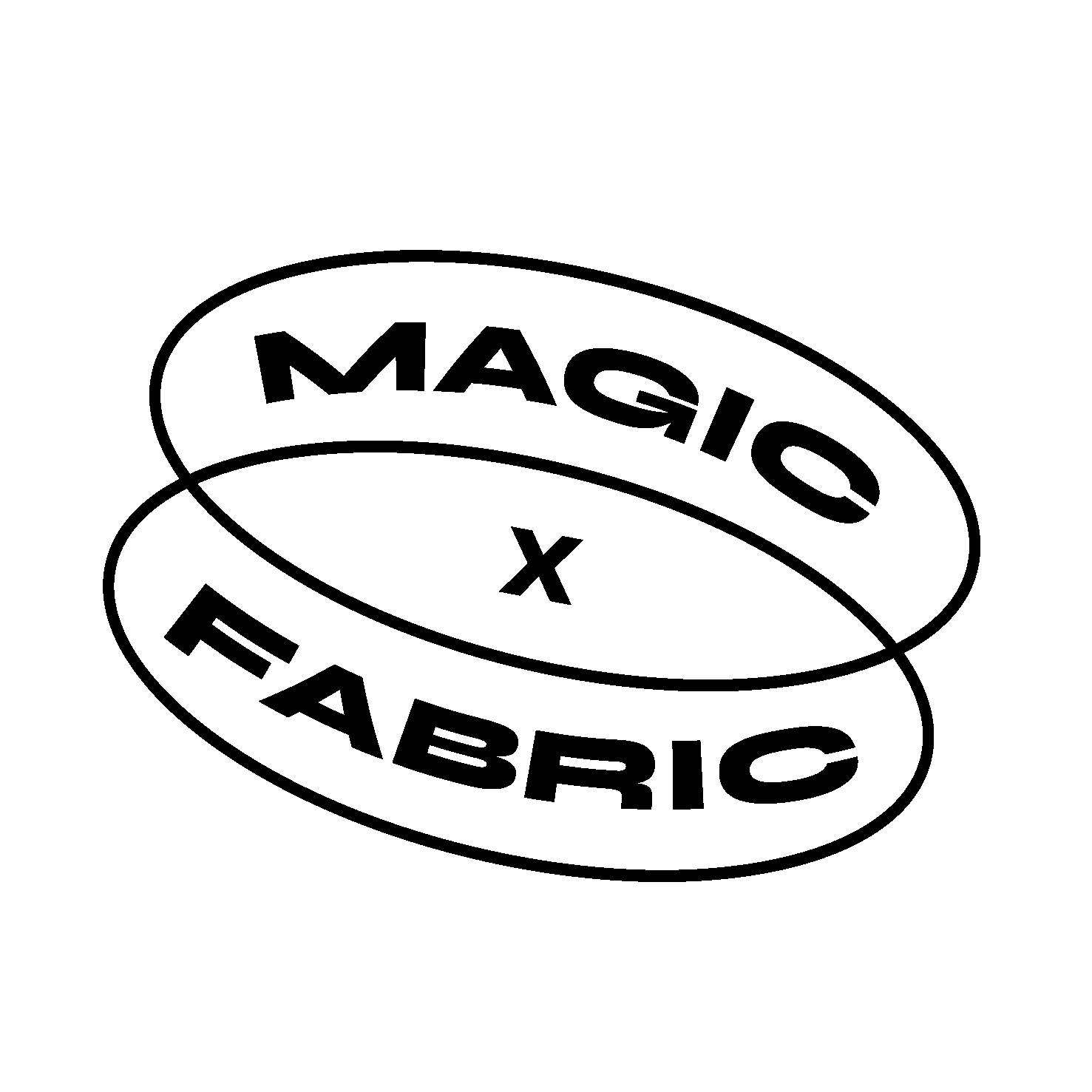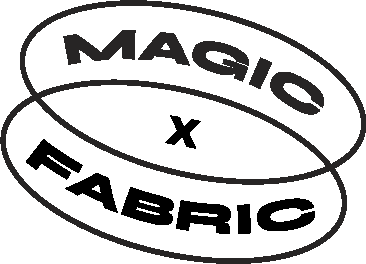
Roei Derhi: “The New Couturist Tailors to Platforms, Not People”
Newly graduated Israeli fashion designer Roei Derhi was recruited to H&M:s design department and in 2019 launched his own studio – a fully digital one. With one foot still in physical fashion design he is now running Placebo digital fashion house, constantly breaking grounds in where his collections can find new ways of existing.
– We’re working between seven to ten people depending on the projects that we working on. We have a business developer, PR.. so it’s really scaling up. It’s just amazing to see.
– When I talk with fashion bloggers that like Gucci and Margiela and those kinds of brands, I ask them: What is fashion? Is fashion only shoes and dresses and eyewear? No today it’s content. Fashion is content. Most consumers still don’t understand digital fashion. But in one or two years from now, things are going to explode. So we’re building a brand that is established and recognized at that point is the goal.

Your creations were a part of Decentraland’s Metaverse fashion week. What did you learn from taking part of this event? What’s the aftermath?
– First of all I have to say it’s an amazing platform. We took part in the Metaverse fashion week together with Dolce&Gabbana and Tommy Hilfiger. I’m not going to take all the credit myself because I had a really great team. But we really stood out comparing to a lot because I think when it comes to digital fashion you need to understand how to design for every platform. I dont’ want to use the word couture, but couture used to be something to create something for every customer. Today you need to create something suited to each platform. You need to make sure that it looks good for each one. A lot of people were complaining about the looks of Decentraland, that it’s low poly etc. But it’s like they told us in school, “Create from the defect an effect”. Use the bad things on this platform and try and build something incredible. That’s our job. So for me it was such a good experience and an opportunity to teach how to do those things. And looking at the result, it looks amazing.
Was there something that didn’t work as expected?
– There were so many ups and downs in the way they established Metaverse fashion week. Of course there are so many things to learn from the event from their side and a lot of things that need to be improved. I think what’s good about working with Decentraland is that they are working very fast to create the best experience possible. I think they did a great job.
– It was really at the right time, in the beginning of when Russia invaded Ukraine and the timing was so amazing. There was a certain activism about it. Probably there were people there from both Russia and Ukraine. And to have people come together across physical borders to celebrate, that for me is the future. It’s not about technology and NFT:s, it’s not about those things it’s about how it’s culturally going to affect us.
– Is metaverse the new religion? Is there a narrative that people love to tell with a set system of values and rules? We don’t even have a metaverse yet. We use the word metaverse to describe something we actually used to do a lot. I mean even in 2016 you could go into Facebook and play card games with each other. Was that the metaverse? And suddenly it has become some kind of religion. People use this word easy to take money from people that not necessarily understand the tech. It’s not something we will choose to do in Placebo. The Metaverse will not happen when the sky will open and we’ll all go into the metaverse. That’s definitely not the case. It’s technology. We are talking about technology.
You recently launched a VR experience, “Mother of Pearl”, together with an animation company. What was the thinking behind it and how has it been received?
– We created it with Parade, an amazing animation studio. It’s founded by Yonatan Tal who used be an animator at Disney. He’s creating VR videos and he has made this VR movie called Lifetime achievment” and it’s a beatiful experience. And we talked a lot about digital fashion and the metaverse and we talked about this cross-over effect. That it’s not possible today to take a digital asset and move it across diferent digital platforms. Especially since a lot of those platforms are not established on the blockchain. It’s just not possible today. You can’t take something from Roblox, to Sandbox and then into Fortnite. And that’s the new coutorist that I mentioned, how to tailor things to each platform. How can we create an experience where we take my photo realistic designs and then bring them into VR and show them with a different aesthetic. And I think the outcome is really unebelievable. To be inside of this experience and to see how it works on your brain, how it adjusts the moment you put on your headset and understands how it’s in a different world.
When you made that or when you did that collaboration who did you think was the audience or who do you want to experience?
– We were aiming at two different audiences and we trying to bring them together under one project. We know that the VR audience is very into VR and games. And at the same time we have the digital fashion audience that doesn’t necessarily run to buy Oculus headsets to try out things. They are not necessarily overlapping. But I think it actually worked out because after one month we had over 7000 views of this video. And that’s a crazy number. So I’m so happy to have taken part of this project. Finally we can see digital fashion not only in gaming but also in animation.

You’ve earlier said that you think game studios and digital fashion studios should collaborate. What do you think the game industry has to learn from digital fashion?
– We hare having discussions with a lot of game studios. I don’t think they are fully there yet to understand how the relationship to a digital fashion studio could actually work. If you look at Decentraland and you see their default garments and then what garments digital fashion designers create for them and the diversity it creates..I remember as a kid when I used to play Final Fantasy and Mortal Combat and how the final scenes in them could be iconic fashionwise. Those moments actually become iconic much thanks to the styling of the characters. I think it’s a struggle for a lot of 3D artists when it comes to garments. We have a lot of discussions with 3D artists in the gaming industry and when it comes to styling their characters they don’t know how to connect to trends and what’s going on on runways. They don’t really have an eye for what’s going on in fashion. Because personally, when I walk on a street I watch people and what they wear, that’s what I do for living. But with 3D artists.. they know how to make an environment amazing. They know how to model bodies and shapes amazingly well. But when it comes to fashion, you need to understand seamlines, puckering, textiles and materials and how they behave. I think it would be a win-win situation to have more gaming studios to reach out to fashion designers and fashion houses to work with them.
– When it comes to female characters the game industry has been very male oriented. They have had a male audience and there has been reasons for them to create female characters that look like pornstars. But that’s not the case anymore. There are so many female gamers. Still games studios are creating characters that are not necessarily hand in hand with our modern views of femininity. And that’s such a shame. And that’s a reason why you need more digital fashion designers working in games because their job is to bring relevancy to what’s being created.
Where would you want your studio to be in 10 years and who would you be working with?
– Usually I dont’ look that far ahead. I’d rather like to look at my goals for where I want to be in two years or even one year from now. But what we want to do at Placebo is to create a change. We want to create beautiful fashion for people, to celebrate different body types, create diversity and make people celebrate and expressing themselves in the best way. But at the same time we want to create a change in the physical world. We want to make people think and ask themselves questions about gender, physical boundaries and identities. Fashion is all about identities. I’m playing games every day when I dress myself in a blazer and then they day after a big shirt and then suddenly the next I switch to something a bit queer. So it’s not suprising that gaming and fashion have start to come together. We are playing different characters every day in a way.
You might also like this interview with Daniella Loftus




